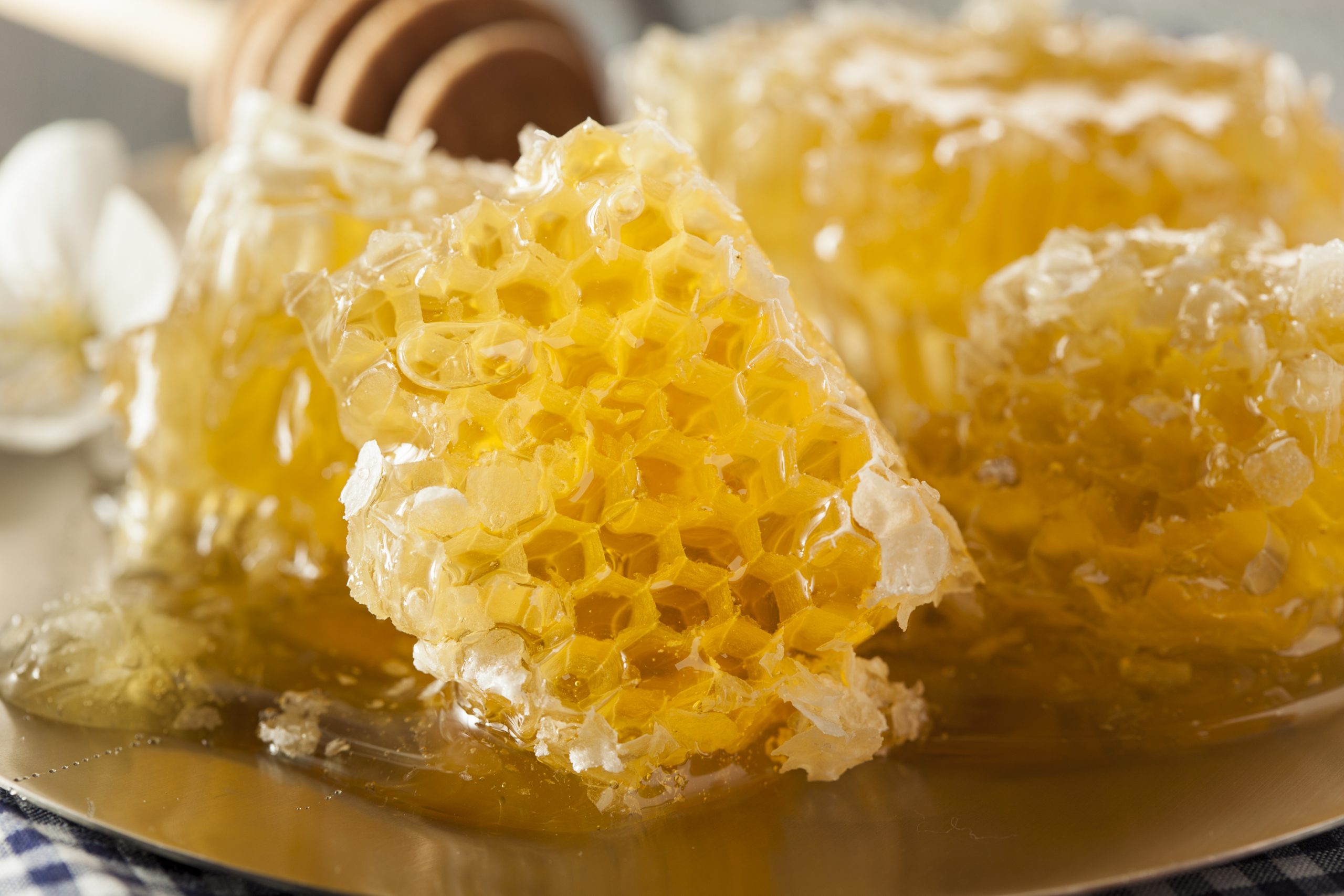Missouri Loosens Legislation for Local Honey Makers
June 29, 2015
Looser Legislation Puts More Honey Products on the Shelves
Charlotte Ekker Wiggins started beekeeping as a hobby in 2010 – not known to her, bee farming had been a part of her family history. Although Wiggins knew nothing of this beekeeping past, she was able to learn what she needed to know to get started from different resources including YouTube videos, other beekeepers, books, and beekeeping club meetings. “I didn’t know anything about it,” Wiggins said but now she has her own bee hives and care for hundreds of thousands of honey bee every day.
According to an article posted on TheRollaDaily.com, in the past Missouri law dictated that beekeepers like Wiggins would need to include a label on their honey stating “honey has not been inspected” in order to sell it to consumers. Wiggins stated that in order for her and other beekeepers like her to have their honey inspected they would need to produce and sell over $30,000 worth of honey and own a commercial grade kitchen, something that is just not in the cards for many who bee keep as a hobby.
Recently, Missouri passed a new law – SB 500 – which directly targets beekeepers and the sale of honey. Under this new legislation, the original law requiring the “honey has not been inspected” label is repealed. This new law is meant to help encourage beekeeping and honey production in the state, which currently has over 30 beekeeping clubs and over 25,000 beekeepers. The increased flexibility for beekeepers to sell honey without the label should help to increase beekeeping interest and support the growth of honey bee populations. This is a primary focus considering some bee species are endangered.
While SB 500 is great for small, local beekeepers Phelps/Maries County Health Department still encourages consumers to purchase honey that has been inspected or ask if the beekeeper uses pesticides. “Consumers may inaccurately assume safety standards have been met,” said administrator of the county health department Jodi Waltman. “There have been problems in the past of producers selling foreign-produced honey without labeling, and it was found to be contaminated.”
“Some producers have treated hives with chloramphenicol (an antibiotic) to protect bees from disease. This leaves traces of the antibiotic in the honey, and in vulnerable populations like young children, the elderly and immune suppressed can lead to aplastic anemia,” stated Waltman, who also has concerns about what the new law will lead to from a health standpoint. Consumers are encouraged to be mindful of the products, ask questions and possibly lean to the side of caution and purchase inspected honey.
If you want to ensure you are getting a “real” raw Manuka Honey product, you should only purchase through authorized and licensed vendors, such as ManukaHoneyUSA.com. To see our full line or authentic Manuka honey products, click here.


.jpg)




